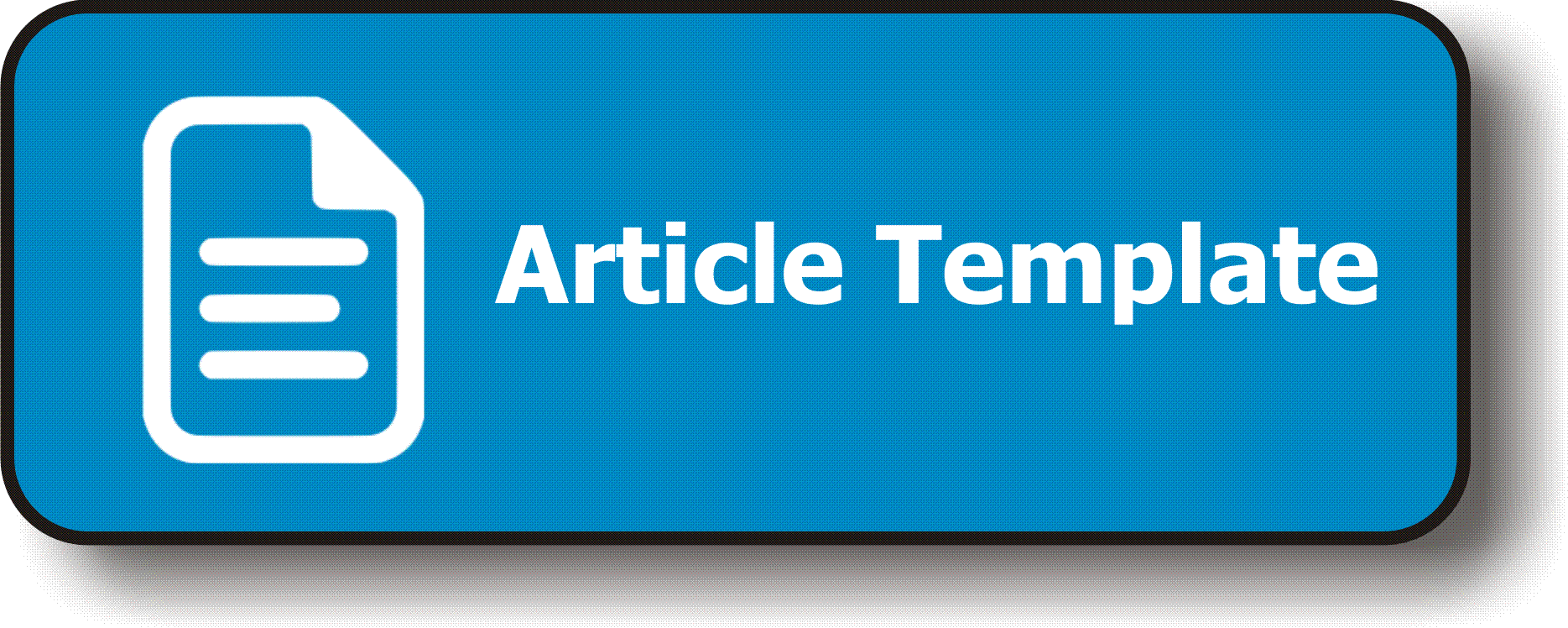The Implementation of Blended Librarian Skill at UPI Library as a Form of Librarian Professionalism Attitude in the Informatiom Tecnology Era
Abstract
The emergence of information technology resulted in science becoming increasingly rapidly growing. Along with the increasing and adaptive capabilities and needs of users, they tend to want all information easily and quickly. This has implications and demands for greater changes in the role of librarians at the Indonesian University of Education (UPI) library. The Blended Librarian concept is an adaptation of the librarian's role as an educator as well as a collaborator in a university environment. In addition, the application of Blended Librarian Skills describes librarians as academic partners who collaborate with educators and academics in supporting the Tri Dharma of Higher Education, namely education and teaching, research, and community service. The research method was conducted by interviewing librarians at the UPI Library. The findings in the form of the effectiveness of the application of the Blended Librarian concept in the UPI Library include the competence of managers, mediators, and educators in improving the quality of librarian professionalism. Librarians collaborate proactively in advancing the teaching and learning process. Blended librarian skills become the urgency of the librarian's professionalism in realizing instructional design for learning in the information technology era.
Keywords
Full Text:
PDFReferences
Andayani, U. (2018). Strategi pengembangan kompetensi pustakawan akademik sebagai blended librarian dalam penyediaan layanan perpustakaan di era keilmuan digital. Al-Maktabah Jurnal Komunikasi dan Informasi Perpustakaan, 17.
da Silveira Nogueira Lima, J. P., Georgieva, M., Haaland, B., & de Lima Lopes, G. (2017). A systematic review and network meta‐analysis of immunotherapy and targeted therapy for advanced melanoma. Cancer medicine, 6(6), 1143-1153.
Fatmawati, E. (2013). Blended librarian sebagai tuntutan pustakawan era digital. Jurnal Perpustakaan Universitas Airlangga (JPUA) Media Informasi dan Komunikasi Kepustakawanan, (2), 51-56.
Hoeroestijati. (2019). Media sosial sebagai sarana promosi perpustakaan (Studi kasus di Perpustakaan Universitas Airlangga). Jurnal Perpustakaan Universitas Airlangga, 9(1), 72-78.
Naibaho, K. (2020). Blended skill bagi pustakawan akademik. Jurnal Pustakawan Indonesia, 17(1). Halaman
Nugroho, P. A. (2019). Pengaruh Revolusi Industri 4.0 terhadap wajah perpustakaan perguruan tinggi. JPUA: Jurnal Perpustakaan Universitas Airlangga: Media Informasi dan Komunikasi Kepustakawanan, 9(2), 63-66.
Oktaviana, D. (2020). Blended librarian, konsep, dan strategi dalam pemenuhan kebutuhan informasi masyarakat berbasis smart city. Publication Library and Information Science, 4(1), 29-39.
Putri, G. R. (2019). Implementasi blended librarianship di Learning Resource Center Sekolah Tinggi Manajemen IPMI: hambatan dan tantangan. AL Maktabah, 4(2), 120-127.
Qurotianti, A. (2020). Penerapan blended librarian di era digital (studi kasus di Perpustakaan Universitas Muhammadiyah Yogyakarta). Lentera Pustaka: Jurnal Kajian Ilmu Perpustakaan, Informasi dan Kearsipan, 6(1), 13–22.
Saufa, A. F., & Hidayah, N. (2018). Tantangan perpustakaan dalam mengelola repository di perguruan tinggi. Repository Tinggi, Perguruan, 4.
Stiawan, F. D., & Kurniawan, A. T. (2019). Analisis implementasi kerjasama UPT Perpustakaan IAIN Salatiga dengan Kedutaan Besar India dalam penyediaan layanan India Corner. Jurnal Ilmu Perpustakaan, 6(2), 41-50.
DOI: https://doi.org/10.17509/edulib.v13i1.73011
DOI (PDF): https://doi.org/10.17509/edulib.v13i1.73011.g28188
Refbacks
- There are currently no refbacks.
Copyright (c) 2023 Edulib

This work is licensed under a Creative Commons Attribution-NonCommercial-ShareAlike 4.0 International License.

This work is licensed under a Creative Commons Attribution-ShareAlike 4.0 International License.





